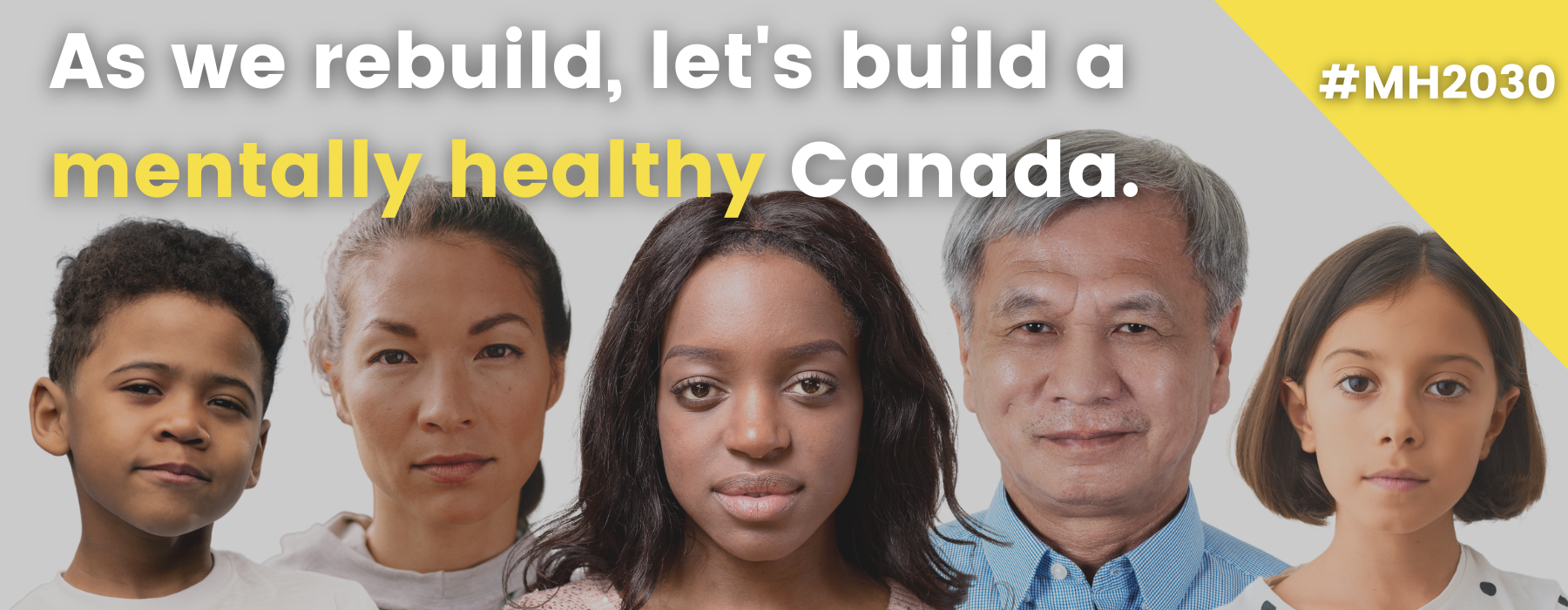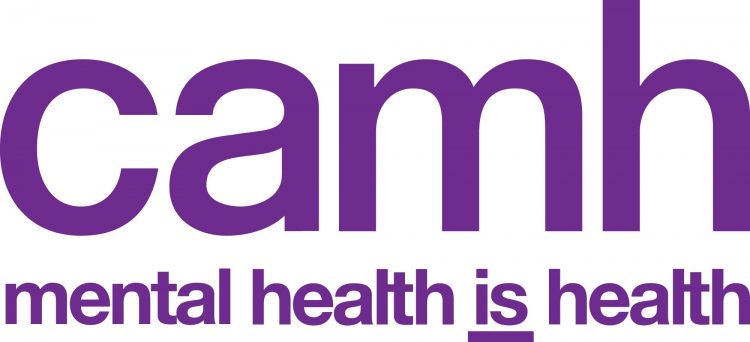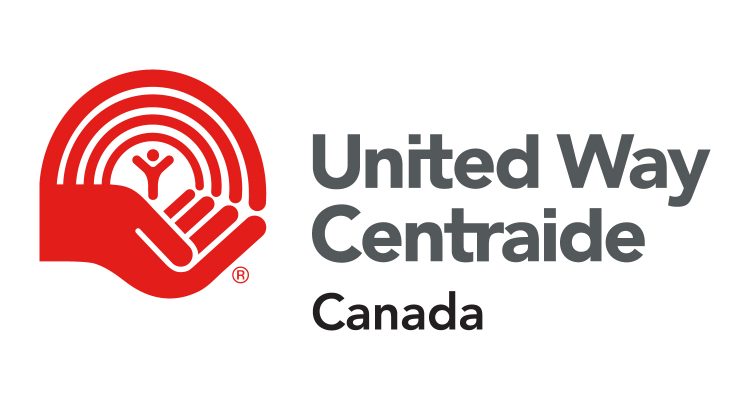
En français seulement/ Available in French
A social contract for a mentally healthy Canada
COVID-19 has highlighted and exacerbated inequities and vulnerabilities which were long present in Canadian society.
However, our pandemic response has also demonstrated that a focused, co-ordinated response from government, working with civil society and business, can lead every member of our society to rise to even the greatest of challenges. The Canadian spirit is ready and willing to overcome these new challenges; we must harness it to rebuild our society and institutions. The public demands a new way forward.
Canada has been suffering through a mental health crisis which has never been adequately addressed and that was drastically exacerbated by COVID-19.
This crisis especially threatened children and youth, seniors, people living in poverty or homelessness, justice involved individuals, women, LGBTQ2S+ groups, persons with disabilities, Indigenous peoples, and Black and other racialized communities – and it threatens them even more right now, as Canada grapples with an unprecedented health and economic crisis that has highlighted the systemic racism, structural poverty and other inequities in our country.
The COVID-19 pandemic is a mental health emergency that requires an urgent response.
Canada needs a new contract within society that focusses on our mental well-being and addresses mental illness, including substance use disorders. We need an agreement between all parts of the public sector, civil society, and the business sector – a true social contract – to support mental health and well-being in the wake of the mental health crisis exacerbated by the COVID-19 pandemic.
This new contract must focus on mental wellness and resiliency as well as mental health problems.
It must build on existing initiatives and add a public health, whole-of government, and health promotion approach to support mental health, prevent mental illness, and promote recovery. It must recognize that the social determinants of health, such as poverty, race, and social inclusion, must be addressed to achieve a fair and resilient future for mental health in Canada.
This new contract should be formalized through the co-development and co-implementation of a national 10-year Mental Health Renewal Plan, along with plans for each province, territory, and municipality, that align with other health and social strategies.
When government, civil society, business, and individuals work together we are far stronger than when we are apart.
We therefore commit our organizations to work together to co-develop and co-implement a new agreement that will:
- Involve government, civil society groups, and business to achieve a better future
- Focus on both mental wellness and mental health
- Take a health equity approach to mental health and wellness and include the collection of disaggregated data
- Include those with lived experience in all aspects of planning and delivery
- Emphasize resilience across and for all parts of our society, particularly for groups that need our help most
We cannot achieve the mental health and wellness Canada needs without clear goals –and those goals must be met fairly for all of us, recognizing the distinct challenges facing and different needs of groups including children and youth, seniors, people living in poverty or homelessness, justice involved individuals, women, LGBTQ2S+ groups, persons with disabilities, Indigenous peoples, and Black and other racialized communities.
We believe that by working together we can ensure that each jurisdiction in the Canada of 2030 has:
- Reduced by half the reported rate of pre-pandemic emotional distress
- Decreased by half the number of children exposed to adverse childhood experiences that lead to poorer mental health, and,
- Reduced by half the suicide rate
By having:
- A mental health and wellness system that is funded to levels adequate to meet the above goals, for everyone, wherever they live in Canada
- Ensured every workplace meets the Mental Health Commission of Canada’s National Standard for Psychological Health and Safety
- A comprehensive public health approach to substance use policy
- Ensured children’s physical, mental, and emotional safety and well-being is prioritized by all levels of government to reduce adverse childhood experiences and build resilience
- Eliminated chronic homelessness and poverty
We know this vision can and must be achieved. Our mental health, our physical health, our well-being, and our ability to rebuild a resilient society and economy during and after the COVID-19 pandemic all require us to come together now to fight for a new normal in mental health.
See who has signed on to support
Sarah Hobbs,
Alliance for Healthier Communities
Tim Richter,
Canadian Alliance to End Homelessness
Canadian Mental Health Association
Mark Hancock,
Canadian Union of Public Employees
Gord Garner,
Community Addictions Peer Support Association
Catherine Latimer,
John Howard Society of Canada
Jerry Dias,
Unifor
Lisa Lachance &
Fae Johnstone,
Wisdom2Action
W. Matthew Chater,
Big Brothers Big Sisters
of Canada
Mulugeta Abai,
Canadian Centre for Victims
of Torture
Lori Spadorcia,
Centre for Addiction and Mental Health
Ian Boeckh,
Graham Boeckh Foundation
Jehad Y.
Aliweiwi,
Laidlaw Foundation
Chris Summerville,
Schizophrenia Society of Canada
Dan Clement,
United Way
Centraide Canada
Peter Dinsdale,
YMCA Canada
Owen Charters,
Boys and Girls Clubs of Canada
Sue Wilkinson,
Canada 211 Leadership Table
Canadian Public Health Association
Sara L. Austin,
Children First Canada
Mary Alberti,
Institute for Advancements in Mental Health
Amanuel Melles,
Network for the Advancement of
Black Communities
Spread the word
We’ve developed some resources
to help you raise awareness about the new social contract for mental health.
Download our Communications Toolkit






